The Problem
In Egypt, research suggests that widowed women and female heads of households constitute one third of the female population, and in Egypt’s poorest regions, that percentage actually rises to 57% of the female population.
Challenges for Widows
In 2014, The Amal Project conducted a study on beneficiary widows in its program in Minya, Egypt.
The research highlighted the following challenges widows face:
Empirical Evidence
Statistics derived from The Amal Project Beneficiaries:
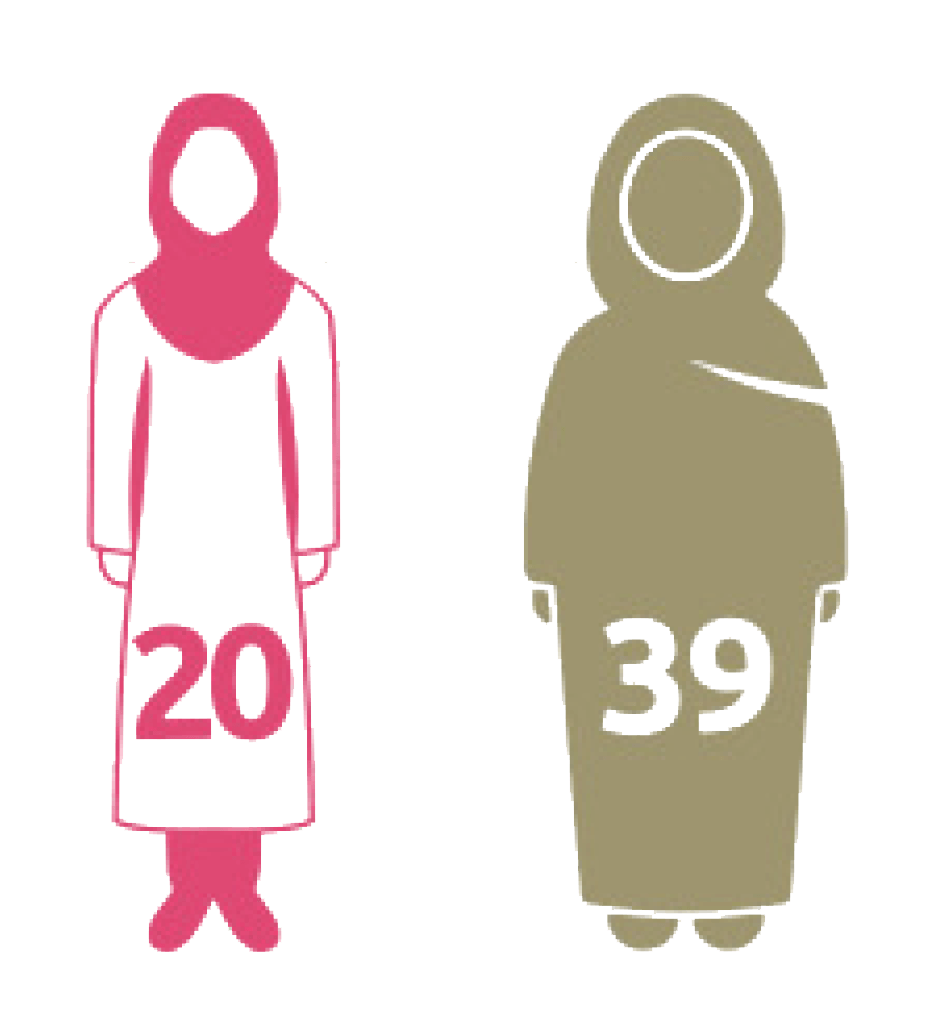
53%
of Widows are between the age of 20 and 39
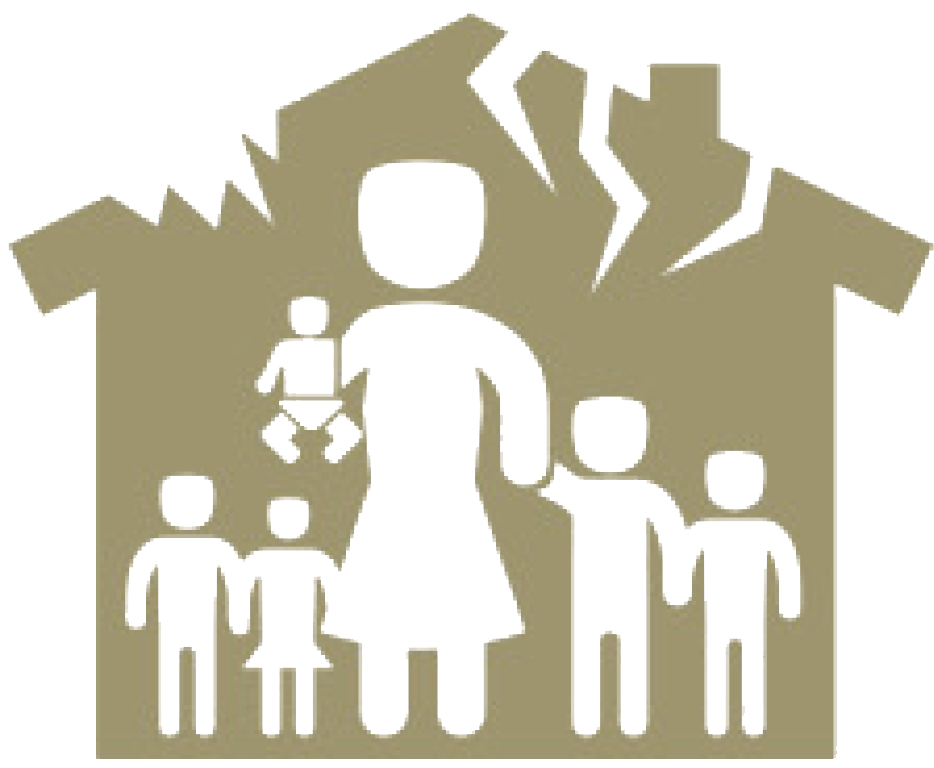
70%
of widows live on less than $2.20 per day and
57%
of them support families of 3 or more
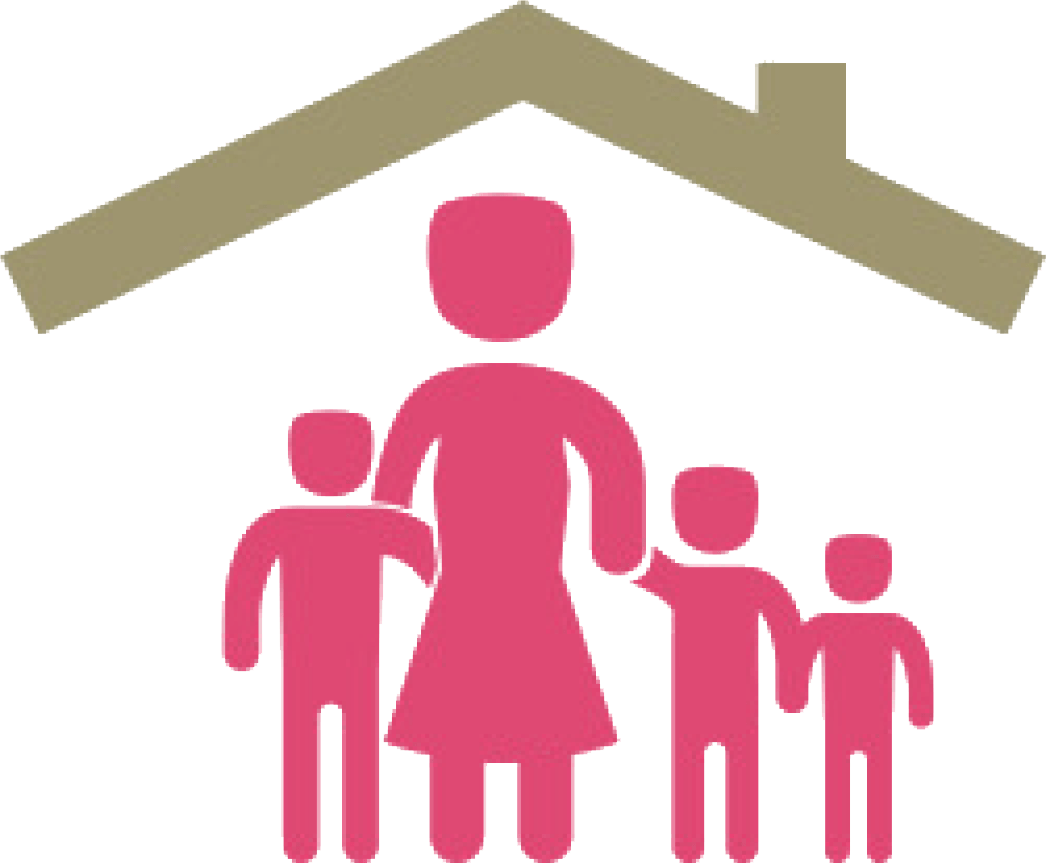
36%
of Egyptian households are headed by a widow or single mother

72%
of widows surveyed could not read

53%
of widows say they have no source of income
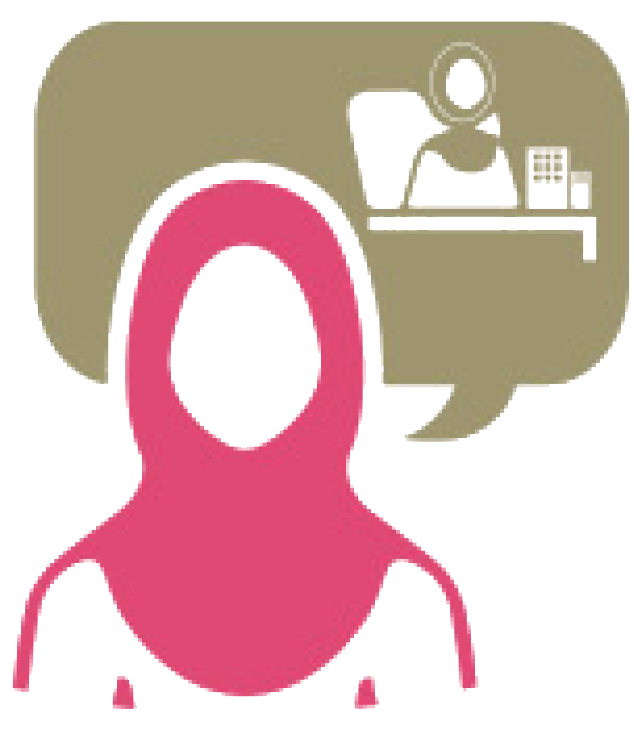
72%
of widows say they would like to start a small business

80%
of widows said they never received an opportunity to start a small business

Widows have the weakest health status of all female heads of household
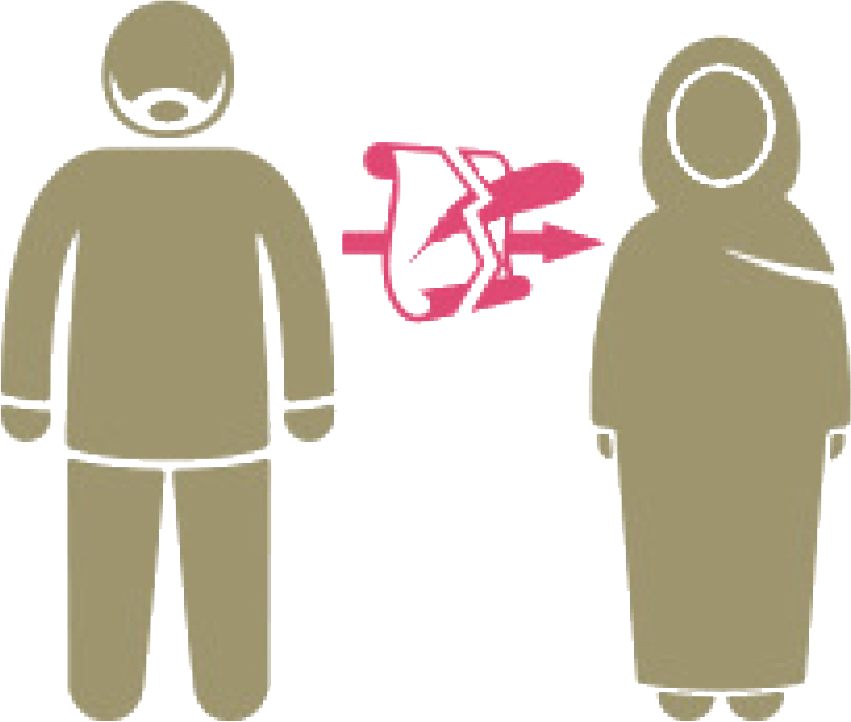
Most widows cannot inherit anything from their husbands because his brothers and mail heirs block her